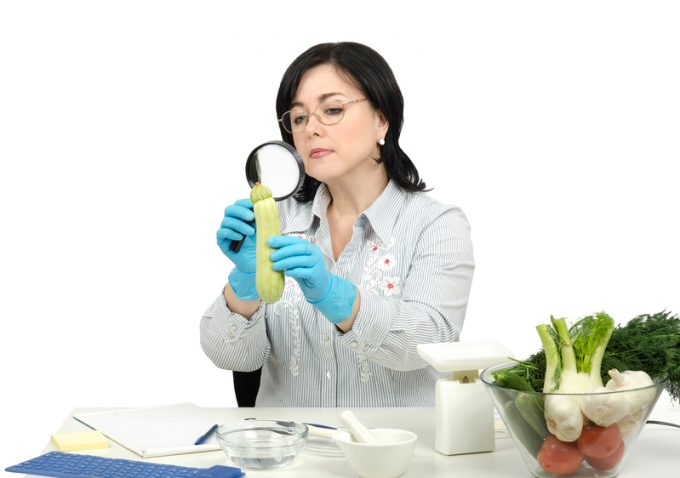UK needs closer EU ‘alignment’ to rebuild food supply chains
Research has called into question the UK’s ability to feed itself in the event of ...

A shortage of veterinary surgeons in the UK could provide a serious obstacle to exports of live animals and animal products to the EU in the event of a no-deal Brexit.
A whole new level of sanitary and phytosanitary (SPS) checks could come into force, and ...

Comment on this article